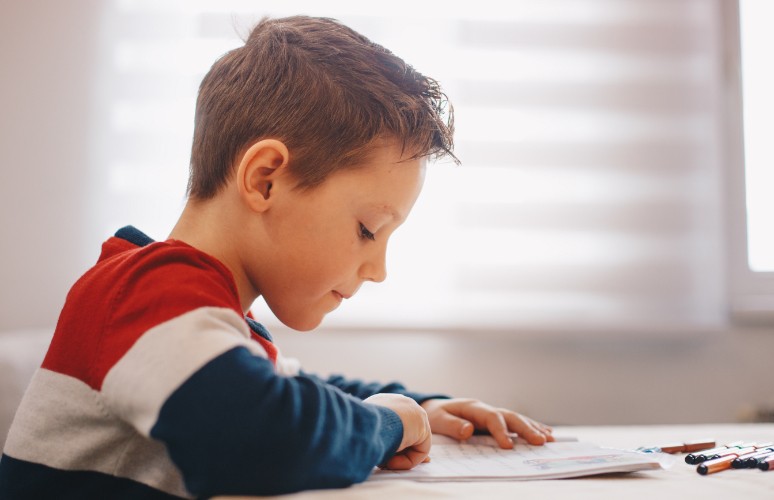An Auditory Processing Disorder (APD) is when the brain doesn’t correctly make sense of the sounds it hears. A child with APD can usually understand directions when said in a quiet room but will often have trouble hearing in noisier places.
Ideally, the brain should easily make sense of sounds we hear. As words are spoken, a child with normal auditory processing skills can effectively separate the speech from the noise, fill in any bits that they miss, and make sense what the sentences mean. A child with APD struggles with these tasks. This can make it more difficult to learn in a normal class setting.
The causes of APD are difficult to pinpoint. It is most likely due to various areas in the brain’s sound processing system not developing correctly. Children with ear infections throughout their early years can often be at a greater risk of having APD. About 3% of Australian children suffer from APD. Boys are twice likely to suffer from ADP than girls.





